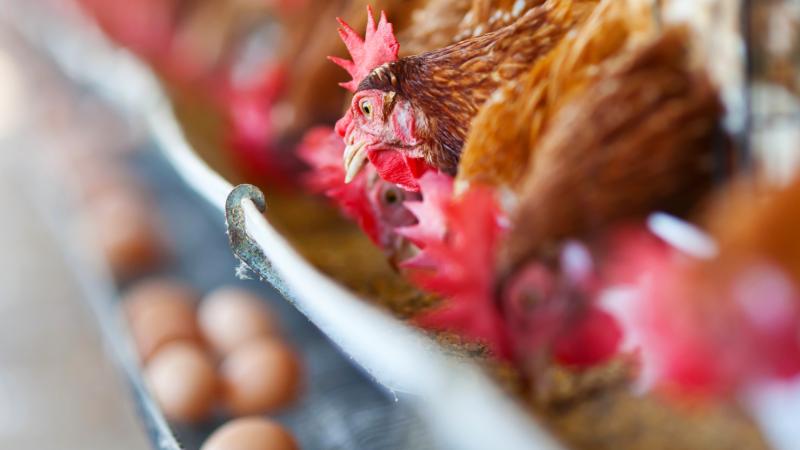Angola’s National Chicken Consortium Sets Bold Goal for 2025
Angola is taking a giant leap toward self-sufficiency in poultry production, with the National Chicken Consortium targeting 10,000 tons of chicken by 2025. This ambitious goal, reported by ANGOP on Monday, was announced by Jamir Baptista, representative of the National Poultry Association of Angola, during a recent gathering of producers in Benguela.
A Government-Driven Mission
This initiative, spearheaded by the Angolan government, aims to revolutionize the nation’s chicken and egg production. However, one hurdle has loomed large: the limited availability of poultry feed.
To tackle this challenge head-on, the government is facilitating the delivery of 20,000 tons of corn and soybeans—key ingredients for poultry feed. “This shipment is a clear demonstration of the government’s commitment to boosting the economy and empowering local producers,” Baptista said. He added that producers will have access to these essential resources under favorable terms, paving the way for sustainable growth in the sector.
Mapping Poultry Farming Infrastructure
In an effort to strengthen the industry, poultry producers were instructed to map all active and inactive farming infrastructure nationwide. This directive came from José de Lima Massano, the Minister of State for Economic Coordination, during a high-level meeting.
“This inventory will provide a comprehensive view of the state of poultry farming in Angola,” Baptista explained. “It will guide the government in creating targeted support programs to address existing gaps and unlock the industry’s potential.”
The data from this nationwide effort will be consolidated in Luanda and will play a key role in formulating strategies to meet the 2025 production targets. Baptista also highlighted plans to establish a Provincial Association to champion the interests of poultry producers at the local level.
Economic Benefits and National Impact
A shift to increased local production could significantly reduce Angola’s dependence on imported chicken, which currently places a heavy financial burden on the government. “We must break free from relying on imports for basic food staples,” Baptista emphasized. “Our goal is clear: by 2025, we will make significant strides toward food self-sufficiency.”
He acknowledged that achieving this vision won’t happen overnight but stressed that collaboration among all stakeholders is crucial. “Unity will be the driving force that transitions us from importers to producers,” he concluded.
With bold plans, government support, and a united effort, Angola’s poultry industry is poised for a transformational shift that could reshape its economic landscape and strengthen food security for its citizens.



